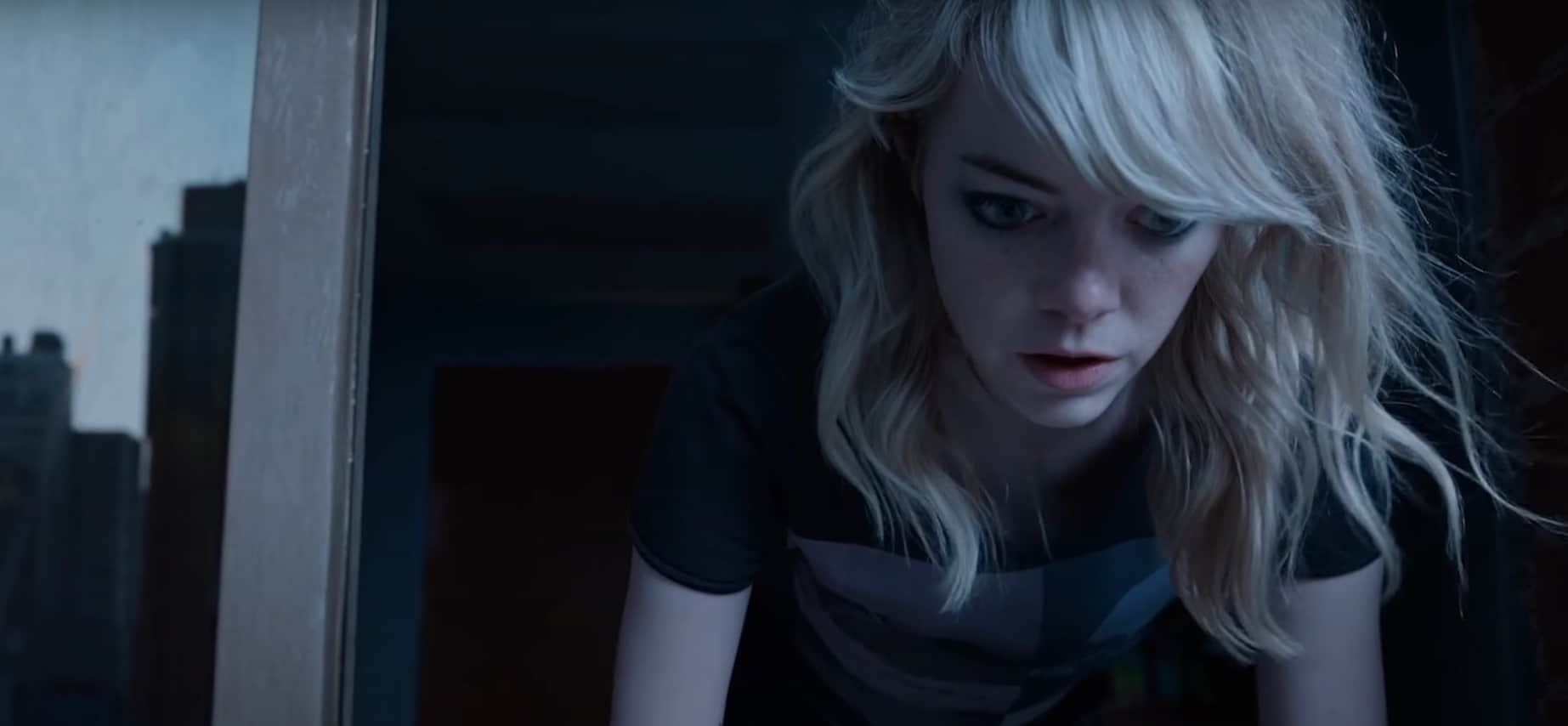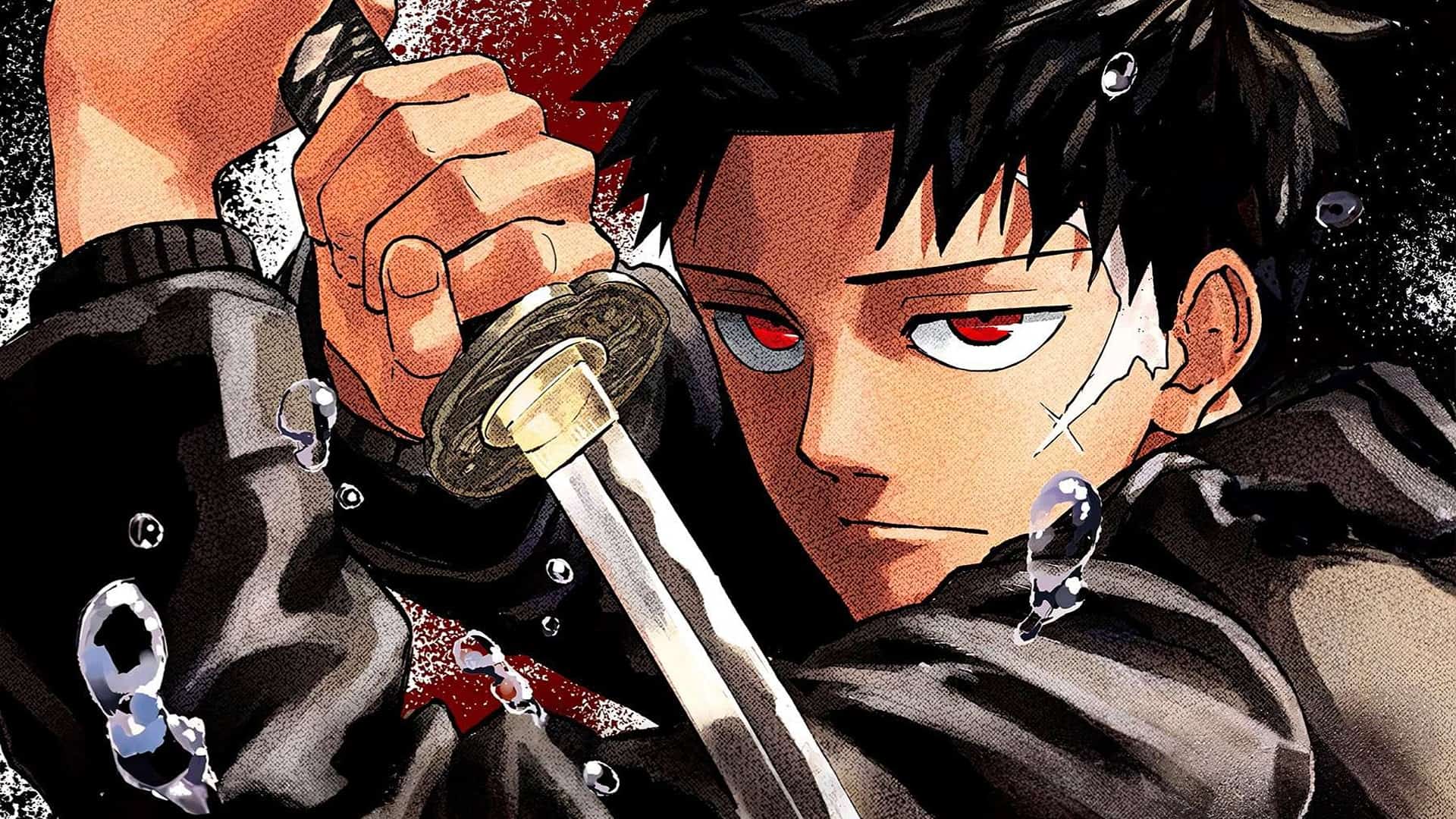Birdman is an Academy Award-winning picture by Alejandro González Iñarritu that is a masterpiece from start to end. It’s a cinematic delve into the troubles that come with creative pursuit and identity. It’s a story of artistic endeavors and of subjective realities. We’re teased by González Iñárritu from start to finish with a very original narrative.
This story is full of magical realism, in which a man named Riggan, an actor past his prime, is faced with lots of problems. He’s on his way to hitting the restart button on his career, but the problems of past successes, his mental state, and how he interprets what’s going around him will morph into a very interesting story that might confuse you. But that’s exactly the point of this film.
What Are Birdman’s Themes?
Birdman, as a movie, covers three main topics: Identity and self-esteem, the pursuit of fame, and magical realism. Let’s explore this further. Firstly, Riggan is a man facing an identity crisis. He doesn’t know who he is. For that, his self-worth is affected. Riggan’s ongoing struggle with his past is symbolized by the lingering presence of Birdman in the movie. It explores how our self-perception is influenced by the opinions of others, while also delving into the quest for authenticity in a culture that often places a premium on appearances.

Birdman also delves into the relentless pursuit of artistic greatness. We see Riggan’s desire to be taken seriously as an actor through his decision to adopt a serious play based on Raymond Carver’s writing. The film examines the lengths people will go to in order to prove their talent and leave a lasting artistic legacy, delving into the sacrifices, pressures, and internal conflicts that accompany creative pursuits.
Birdman’s Cinematographic Style
Iñárritu masterfully employs the technique of magical realism, delicately blurring the boundaries between reality and fantasy. This skillful manipulation prompts the audience to reflect upon their own perceptions of what is real as they witness the constant questioning of Riggan’s understanding of the world and his own abilities throughout the movie.
The film’s enigmatic conclusion, wherein Riggan seemingly takes flight, represents a subjective reality unique to him, leaving the audience to ponder the plausibility of this sequence within the storyline. This uncertainty casts doubt upon their perception of what is realistically conceivable.
Also Read: Theera Kadhal Ending Explained: What Happens to Aaranya and Gautham?
Birdman Ending Explained
The protagonist, Riggan, is a washed-up actor haunted by his former superhero character, Birdman. Throughout the film, Riggan struggles with his identity and attempts to prove himself as an actor by directing and starring in a Broadway play.
In the final scene, Riggan’s daughter, Sam, enters his hospital room and looks out the window expecting to see her father’s body after a possible jump. Instead, she sees Riggan flying as Birdman. There are three possible explanations for this ending: Riggan has jumped to his death, it is a hallucination or fantasy, or Riggan is actually flying.

Riggan’s Death Is Boring, Flying, and Hallucinating
Riggan’s death is not emotionally satisfying and dismisses the magical aspect of the story. The second explanation suggests hallucinations from either Riggan’s or Sam’s perspective, but it discounts what is shown in the last shot of the film. The third explanation is that Riggan is actually flying, but this is considered impossible in the objective reality presented.
The movie’s ending represents a slanted, subjective reality where Riggan can fly, and Sam can see him flying. It aligns with the film’s elements of magical realism, where surreal elements represent deeper truths about the real world.
All in all, the ending is open to interpretation, and the director wants the audience to decide for themselves. The buoyant gaze of Sam looking up at her father flying gives an emotional and “happy” ending, urging the audience to have faith in their own ability to fly metaphorically. The cinematography and long takes in the film contribute to a sense of entering Riggan’s psyche and his internal obsession with artistic greatness.
The ending of “Birdman” shares a similar idea with Christopher Nola’s “Inception” in that every aspect of reality is valid. Riggan has stopped worrying about the “real” truth and embraces his ability to fly.
The film’s opening quote and the title of the story, Riggan Adapts, highlight the themes of self-acceptance and the pursuit of love and belonging. Overall, the ending of “Birdman” is open to interpretation and invites viewers to explore deeper meanings and themes of identity, artistic pursuit, and subjective reality.
Also Read: Matilda: The Musical Filming Locations: Where was the Emma Thompson Film Shot?





